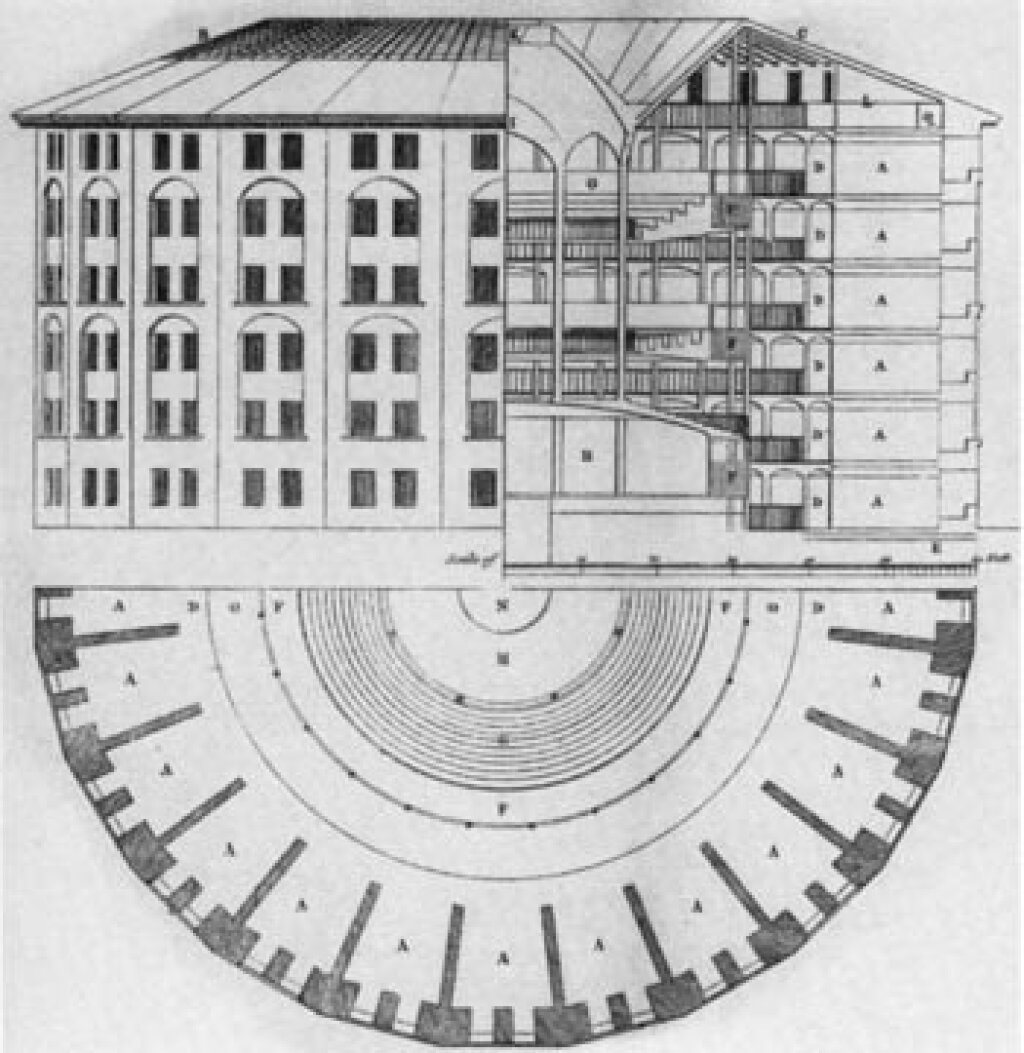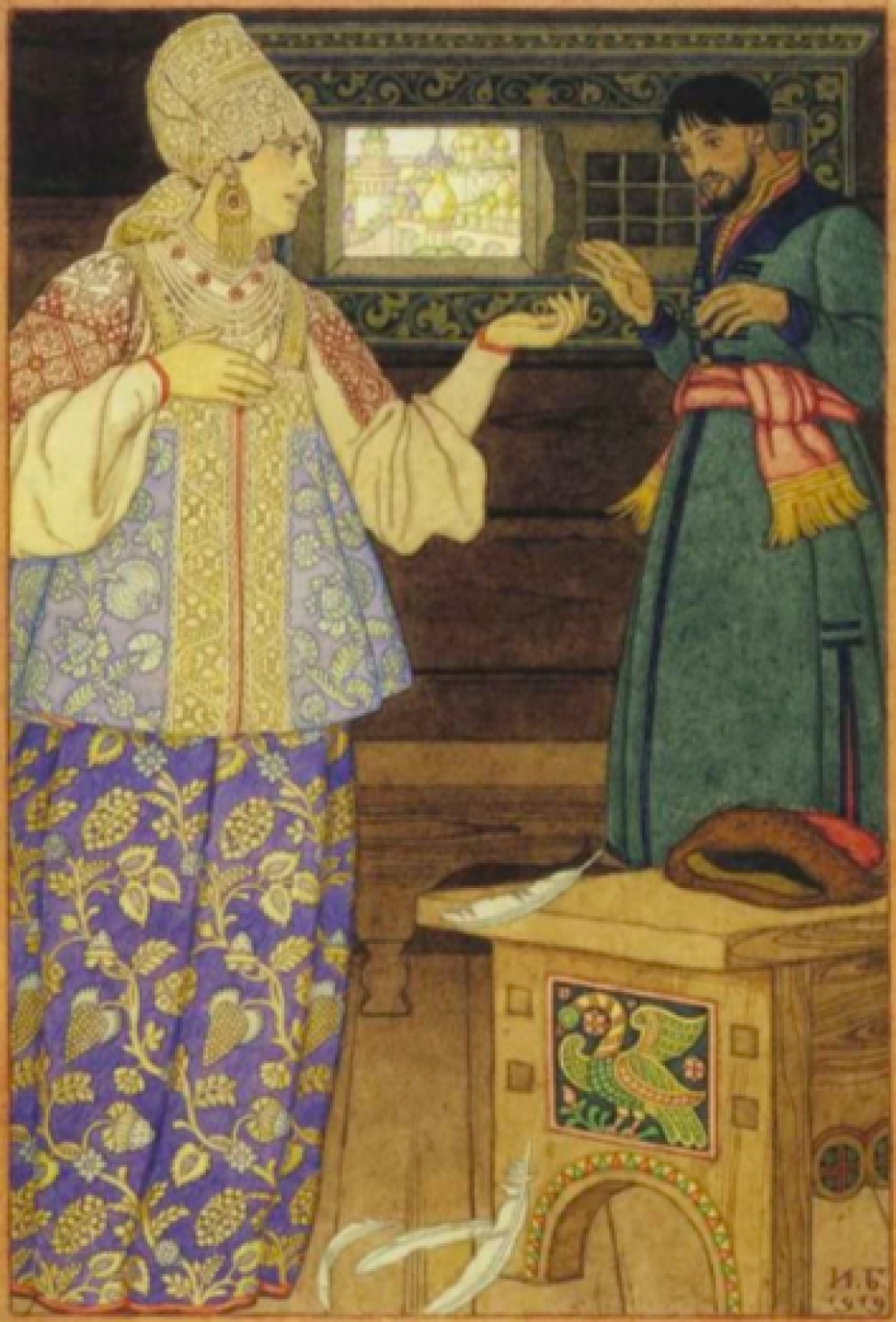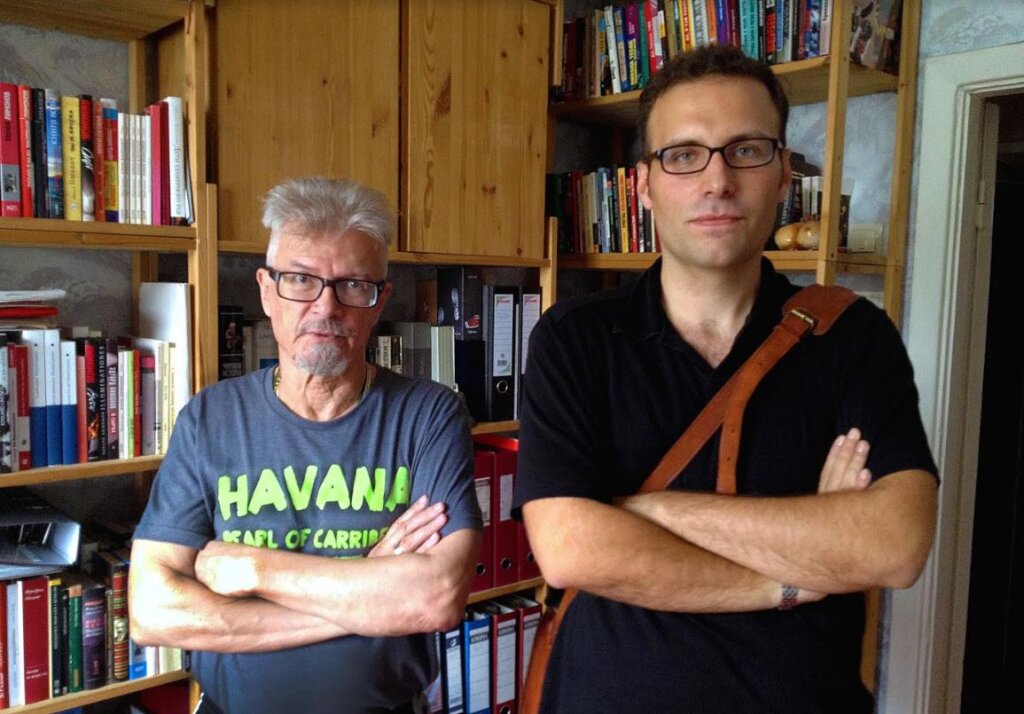A version of this post originally appeared on PONARS as a policy memo.
This is Part I of a two-part post. Part II will appear on Tuesday, 9/17.
Sergei Medvedev is a professor of political science at the Higher School of Economics in Moscow, writing on Russian politics, society and culture. His latest book, "The Return of the Russian Leviathan", is forthcoming with Polity Press (Cambridge) in November 2019.
Over the past decade, one of the key aspects of Russian politics has been the increased interference of the state in the private lives of the population. All sorts of controls have been applied about sexuality, reproduction, retirement, eating and drinking, hygiene, smoking, using obscene words, using the Internet, U.S. adoptions of Russian orphans, and sharing information about homosexuality. The various streams of disallowance—not all of them unusual within the practice of statehood—have been accompanied by Russian state policies promoting marriage, constraining abortion rights, and promoting a certain kind of public morality. Russia’s new law about pensions and retirement age has a distinct biopolitical essence (directly affecting the human body) in that it encourages productivity by an aging population to offset a declining demography and labor market.
In the Putin era, privacy has been broken due to the state claiming sovereign right to lifestyles and life itself. In a sense, having the “vertical of power” inside the human body is a logical continuation of the Kremlin’s drive for authoritarian sovereignty. What do these physical-life-regulating policies tell us about the state of Russian society and the nature of the political regime? The supposition is that the Kremlin’s uses of biopolitics aim to “normalize” segments of society, change national discourses, test and discipline elites, increase birth rates and worker productivity, and, essentially, construct the ideal individual, well-integrated into a like-minded community.
The Russian Uses of Biopolitics
In analyzing the “bodily” movement in Russian politics, one turns to the concepts of biopower and biopolitics developed by French philosopher Michel Foucault. For him, this is a technology of power closely linked to the emergence of the modern nation state and capitalism. Starting in the eighteenth century, fueled by advances in modern science, Western societies developed a “set of mechanisms through which the basic biological features of the human species became the object of a political strategy, of a general strategy of power.” This implies a transition from public punishment of the individual body to disciplining the population, from usurping the right to take life (Max Weber), to assuming the right to give or administer life.
Every country in the world engages biopolitical conventions. However, the scope of its policies in this realm indicates that Russia’s initiatives surpass the typical. Various biopolitical initiatives were introduced by Russian authorities at different bureaucratic levels, where individual deputies come up with (sometimes absurd) initiatives simply to elicit media and Kremlin attention. For example, a Chelyabinsk deputy in the Urals once suggested conscripting young women who did not give birth by the age of 20into the armed services. There is no single program deriving from the Kremlin; what we observe, instead, is a biopolitical zeitgeist following worldwide trends of neo-conservative revanche.
In the wake of the crushed “Bolotnaya” opposition movement in 2011-12, a set of biopolitical initiatives sought to discipline society, moving its focus from electoral politics to unexpected but intriguing areas like sexuality, hygiene, and food security. In that era of unease, biopolitical methods proved to be effective tools for eliding political and social unrest over election fraud, corruption, and painful social reforms into fighting either vague or imaginary moral threats. These policies also proved their usefulness as disciplinary tools and loyalty tests for the elite. For example, in December 2012, the Kremlin twisted the arms of many deputies to make them vote for the so-called “Dima Yakovlev law”—as if to chain them by the blood of Russian orphans (more on this below). Likewise, in 2018, the Kremlin made almost every deputy vote for the highly unpopular pension reform that raised the retirement age to 63 for women and 65 for men.
Russia’s recent pension reform posed a biopolitical dilemma for the government. Faced with demographic pressures, an aging population, stalled economic growth (1.5 percent in 2018), Western sanctions, and severe budgetary constraints, the authorities had no choice but to put greater pressure on the labor force, which includes demanding productivity at older ages. In some of Russia’s poorer regions, the retirement age for men is now higher than the average life expectancy. The state increases pressure on its subjects as a biological mass in order to extract higher value. There is a well-known joke in Russia along these lines: The Russian populace is the state’s “second oil” for generating budget revenue.
Biopolitics is also a way of constructing the Russian political community in a post-Crimean setting. Biopolitical interventions began a year or two before the annexation as a pre-emption of the emergence of an organic discourse focused on the human body. These fed the later geopolitical discourses about the “Russian world” and “divided body” of the Russian nation that informed the annexation of Crimea and war in eastern Ukraine. The Kremlin’s message is that the management of human bodies leads to the reconstruction of the nation's political body. This approach is a central pedestal of the current regime, which seeks to define Russia’s place in the world for many years ahead. Like so often in Russian history, the state comes to regard the population as a resource that can be exploited in times of crisis, especially during times of “external threat.”
Biopolitical normalization thus raises the bar of sovereignty, a core concept of Putin’s presidency. Having toyed with the dubious idea of “sovereign democracy” in the mid-2000s, the Kremlin turned to the hardcore concept of “territorial sovereignty” following the 2008 Russia-Georgia war, and especially after the Russia-Ukraine war in 2014. Biopolitics is yet another territorialization of state sovereignty, this time displaced into the human body. It is a claim by state authority on the private life and physical existence of the individual. This is an important departure from the social contract that had existed since the late Soviet period.
Biopolitical interventions by the Russian state began to take place in the mid-2000s. These included various demographic policies aimed at reinforcing the institution of marriage, increasing birth rates, and promoting physical exercise in schools. The state took various actions to promote organic “bonds” (skrepy) within the nation and distinctive features of the "Russian way of life." The term skrepa is itself suggestive of far-right revanchism: indeed, Russian skrepy can be compared to Roman fasces, wooden rods bundled with an axe that gave rise to the Italian term fascismo.
One attempt at forging skrepy was the “Concept of Family Policy,” which introduced the notion of a “normal family.” The advent of this entity, defined as consisting of at least three children and two generations living under a common roof, was surmised by the Helsinki Watch Group as a means “to bring about an increase in population growth." The Kremlin also gave a special role to the Russian Orthodox Church in ruling on family and juvenile delinquency matters and opened the door to proposals like limiting the number of a person’s official marriages to three or imposing hefty divorce taxes. In recent years, some municipal clinics where abortion should be free and covered by state medical insurance have either dissuaded women from abortions or simply denied it to them.
Yet the real biopolitical crusade of the Russian state began during Putin’s third term in office, largely as a response to the political protest and social turmoil in Russia in 2011-12. In June 2013, a now-infamous Russian law banned “propaganda of non-traditional sexual relations among minors.” It criminalized homosexual discourses, though homosexuality itself was decriminalized in Russia in 1993, and increased social and political pressure on LGBT communities and individuals. In some cases, the move resulted in the persecution and killing of LGBT individuals, such as the assassination in St. Petersburg in 2016 of journalist Dmitry Tsilikin. The Russian parliament has considered legislation that would strip LGBT people of parental rights, while local councils in the south of Russia have allowed paramilitary Cossack units to identify and whip gay people.
Especially serious is the situation with LGBT rights in Chechnya where, according to reports, the authorities have abducted LGBT people from their homes and off the street and established a prison where they are tortured and executed. Meanwhile, famous state television entertainer/newscaster Dmitry Kiselyov is known for his insulting remarks about gay people, having once suggested in a nationwide talk show that their hearts should “be burned after death, as unfit for continuing anyone’s life.” In this sense, the biopolitical intervention of the state and the official propaganda together with the patriarchal prejudice of a large part of the population have been stigmatizing LGBT people as second-class citizens, with the predominant rationale being that they can’t make a “normal” family.
Russia has also banned select products from countries with which Russia was having political disputes—for example Moldovan wine, Georgian mineral water, and American chicken legs. A peculiar biopolitical regulation was introduced in 2015 when the government, beset by the stalemate in Ukraine and a deepening confrontation with the West, introduced sanctions against certain types of foods originating in the EU (meat, fish, poultry, cheeses, fruits, and vegetables). This was intended as a blow to EU agricultural sectors and a clear political signal to the West. Even though it helped some Russian agribusiness sectors to develop, it compelled European farmers to re-orient toward other markets and the end recipient of the measures was the Russian population, whose product choices were significantly curtailed. In justifying the counter-sanctions, the government’s official propaganda used biopolitical arguments: The banned products were said to be toxic and dangerous to one’s health, not to mention their departure from Russian traditions and national character. The presumed conclusion, therefore, was that consuming them would be unpatriotic.



